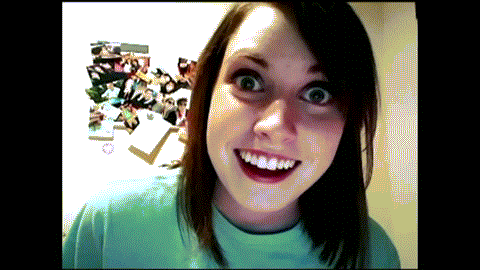That's the binary thinking I'm arguing against. No one is saying that she has to be a damsel-in-distress, rather those critical of Rey are saying some vulnerability and character flaws are part of what makes a fully realized character. Strong Female Characters are a stock character that fails to reach that higher level of character development. Stock characters are fine as far as they go, but they don’t befit a lead role.
That’s simply not true. We are not privy to Rey having any formal training whatsoever. She has a vision when she touches the lightsaber. You’re justifying her portrayal with things that could possibly be true in the context of her life on Jakkuu, but that Abrams failed to sell as part of mishandling basic background and character development through out the film.
Lucas did a better job with Luke. ANH is actually a superb example of concise world-building, whatever the unrealistic time compression. Ben overtly trains Luke and directly assists him in the attack on the Death Star. Luke makes explicitly clear he has piloting experience in conditions similar to the Death Star trench. Luke has another bout of formal training with Yoda, before fighting Vader, who thrashes him. Rey’s story is essentially skipping Ben, Yoda, and the years between ESB and RotJ, proceeding straight to successful Jedi mind control and defeating a Sith. She violates Campbell’s hero’s journey that is at the heart of Luke’s saga, which is why she rings false irrespective of gender.
The notion Lindsay is saying “no woman” can be a hero is a absurd. The author anticipates and mocks that denunciation because she knows what to expect when challenging the orthodox view.
Secondly, lead hero in an action-oriented story is a “historically masculine role.” Even having women-in-arms as secondary characters is very rare in fictional story-telling before WWII.
In the quote you cite, she’s criticizing the Strong Female Character archtype for generally not having negative personality traits, as a real people exhibit, and more importantly, not being allowed to fail in a meaningful way. She’s criticizing the idealization of women, generally by male writers. I fully agree with her diagnosis with respect to TFA, which is backed by social psychology research into how women on average handle failure compared to men.




















